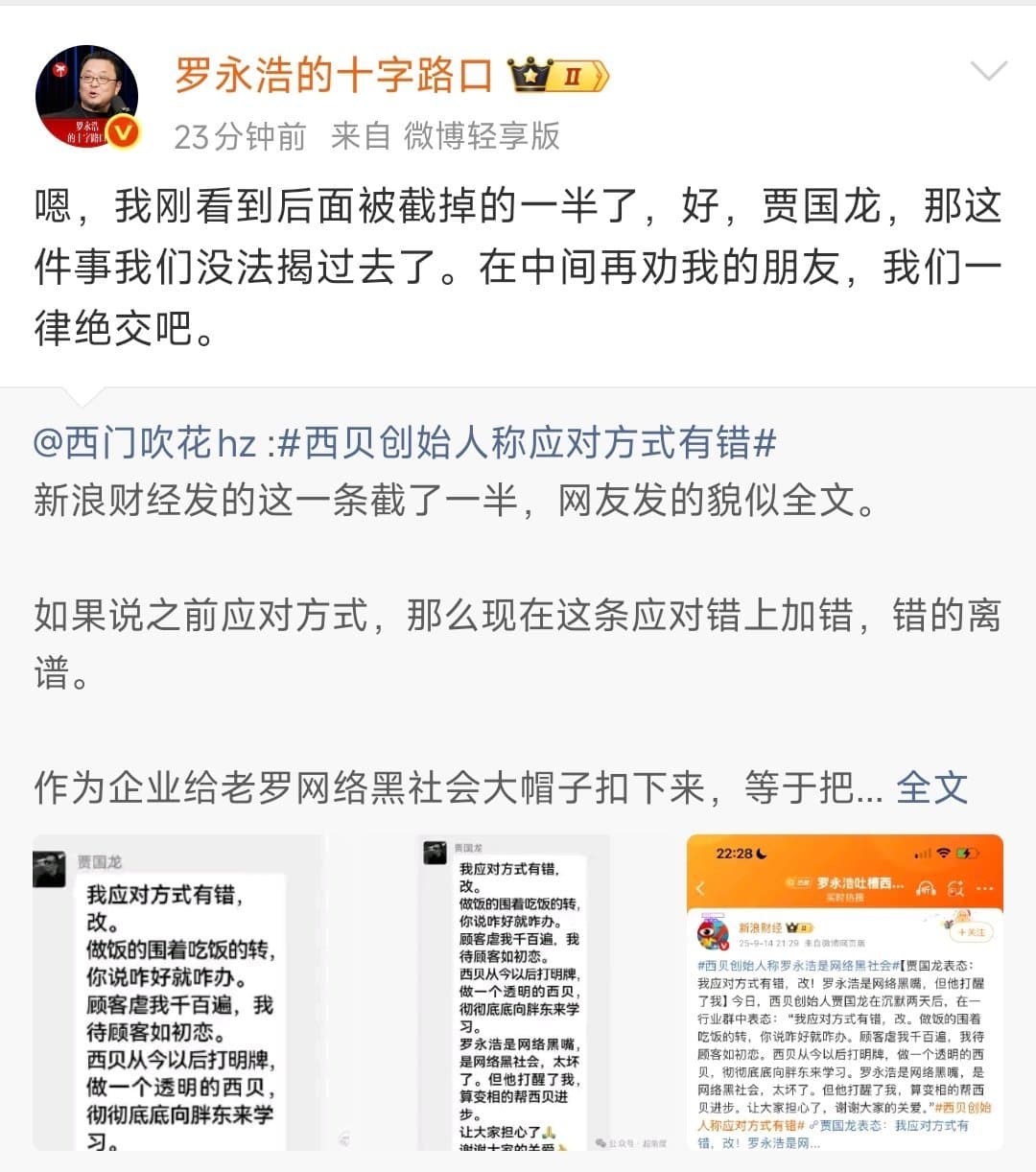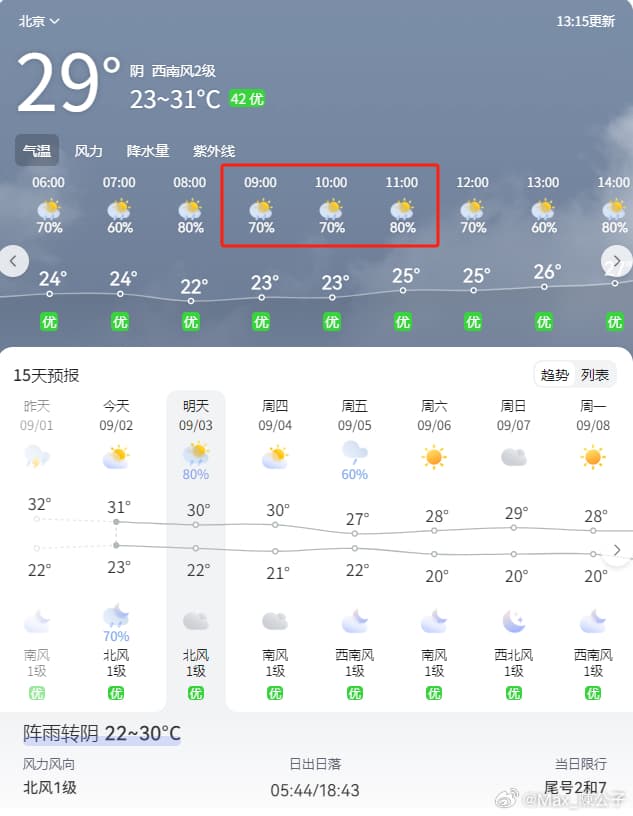China's Most Stubborn Homeowner: The Jiangxi 'Nail House' That Defied a Highway
In Jiangxi Province, a remarkable case of a "nail house" has garnered significant attention, where a household refuses to relocate to make way for a new development. The house in question, located in the town of Jinxi, is situated in the middle of a newly built highway, G206, and has earned the nickname "Jinxi Eye" from netizens due to its unusual location. The G206 highway project aimed to alleviate traffic congestion in the town by bypassing the town center, but the compulsory acquisition of land for the project led to disagreements with local residents, including the owner of the "nail house," surnamed Huang.

10 February 2025
Huang insisted on receiving three relocation quotas and was dissatisfied with the compensation amount of over 1.6 million yuan offered by the government. As a result, the highway was diverted around the house, creating an unusual spectacle. Despite the inconvenience and potential safety risks, Huang and his family continue to reside in the house. The case has sparked debate among local residents, with some expressing sympathy for Huang's plight and others criticizing his stubbornness. Many visitors flock to see the peculiar sight, dubbed the "Eye of Jinxi," with some expressing worry about the potential safety risks.
The story of Huang's house began when the local government initiated a project to reroute the G206 national highway, aiming to alleviate traffic congestion in the area. The highway, which originally ran through the heart of Jinxi County, had become a source of frustration for residents, who had to contend with heavy traffic and frequent accidents. The new route, designed to bypass the county seat, was intended to improve traffic flow and enhance safety. However, the compensation and relocation process proved to be a contentious issue, particularly for Huang, whose two-story house was situated directly in the path of the new highway.
The government ultimately decided to reroute the highway around Huang's house, constructing a steel-reinforced concrete wall and a special tunnel for the family to access their home. Huang has expressed his puzzlement over the government's decision to spend a significant amount of money to accommodate his demands, yet refusing to meet his conditions. He claims that the government's expenditure on the highway diversion far exceeds the compensation he requested. The situation has sparked debate among locals, with some questioning why the government was willing to invest significant resources to accommodate Huang's demands while others expressed sympathy for his plight.
Online reactions to the incident have been mixed, with some netizens expressing confusion and concern for the safety of the house owner. Others questioned the reasoning behind the government's decision to build the highway around the house, rather than finding an alternative solution. The incident echoes the memories of the "Haizhu Eye" in Guangzhou 13 years ago, where the government chose to reroute the highway around a single, stubborn residence, resulting in a unique, albeit unusual, landmark that became a local attraction.
As the Jiangxi Strongest Nail House incident continues, Huang's family remains in the house, despite the challenges they face. The house has water and electricity, but lacks basic amenities such as a toilet, kitchen, and internet. Huang's son is rarely seen, and his daughter-in-law has expressed frustration over the situation, claiming that the family had initially agreed to relocate but was persuaded otherwise by Huang's son. The daughter-in-law revealed that the family had been offered a compensation package of 1.7 million yuan and three plots of land, which she considered a reasonable offer.
The case highlights the need for finding a balance between individual interests and the greater good. While it is essential to respect the rights and properties of individuals, it is equally crucial to consider the broader implications of such standoffs on the community and the environment. The government's approach in these cases can be seen as a pragmatic solution, avoiding potential conflicts and maintaining social stability. However, some have criticized the government's decision, arguing that it sets a bad precedent and may encourage others to become "nail houses" in the future.
The story of the "Haizhu Eye" and the Jiangxi Strongest Nail House serves as a reminder of the importance of social cohesion and the need for individuals to be mindful of their place within the larger community. As the Jiangxi Strongest Nail House incident comes to a close, it is essential to reflect on the lessons learned from the "Haizhu Eye" experience. By understanding the value of compromise and contentment, we can work towards creating a more harmonious and balanced society, where individual interests are respected, and the greater good is prioritized.
Comments


Share this article
Related Articles

Xi Jinping Elevates Cybersecurity to Core National‑Security Pillar, Driving China’s Quest for a Cyber Superpower
By Trending on Weibo
News & Politics
15 Sept 2025

Luo Yonghao vs. Xibei: Celebrity Entrepreneur Sparks Media Storm Over Pre‑Made Dishes and Calls for Transparency
By Trending on Weibo
News & Politics
15 Sept 2025

Weibo Celebrates Autumn Harvest as China’s Fields Become the Nation’s Most Beautiful Canvas
By Trending on Weibo
News & Politics
15 Sept 2025
China Enacts First Comprehensive Rental Regulations to Legalize and Stabilize the Rental Market
By Trending on Weibo
News & Politics
15 Sept 2025

Beijing’s Weather Emerges as a Barometer for China’s Climate Policies and Public Life
By Trending on Weibo
News & Politics
13 Sept 2025